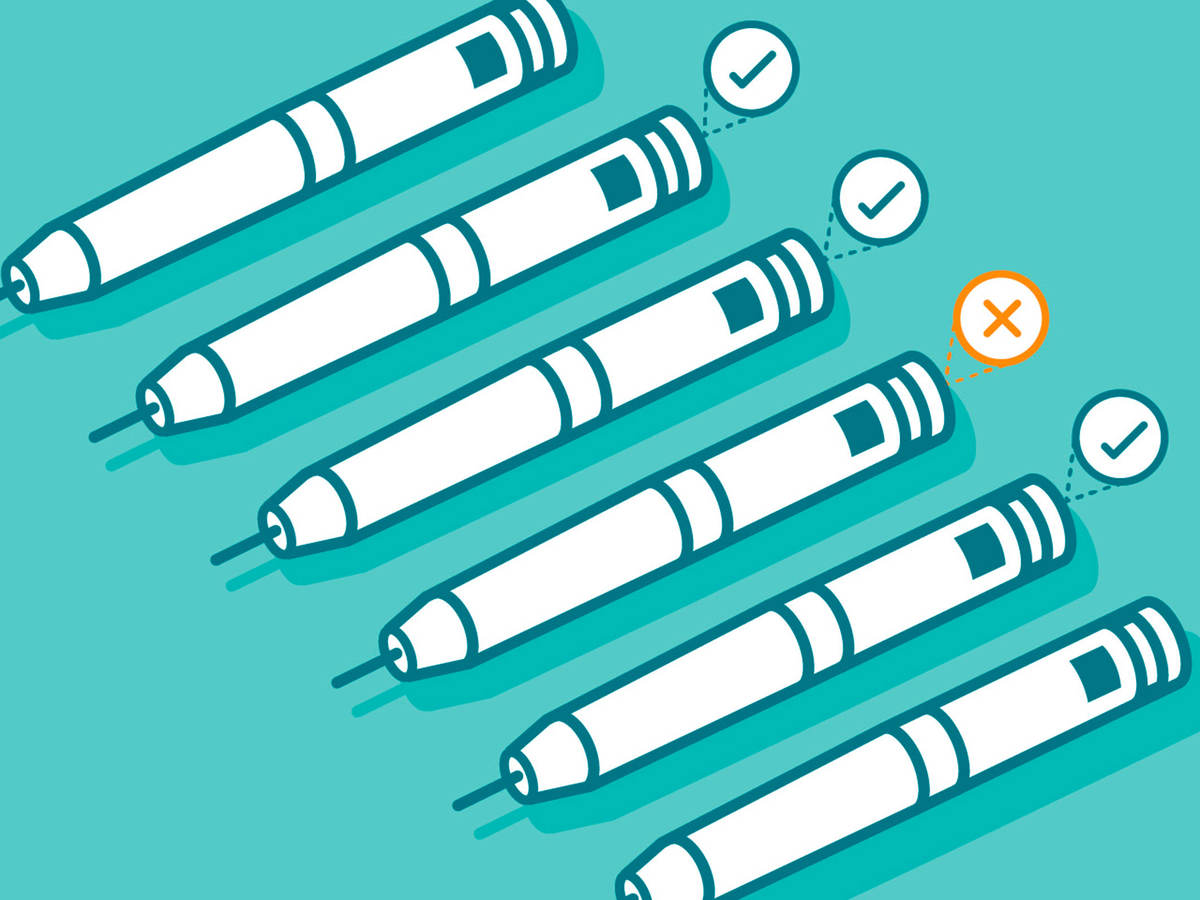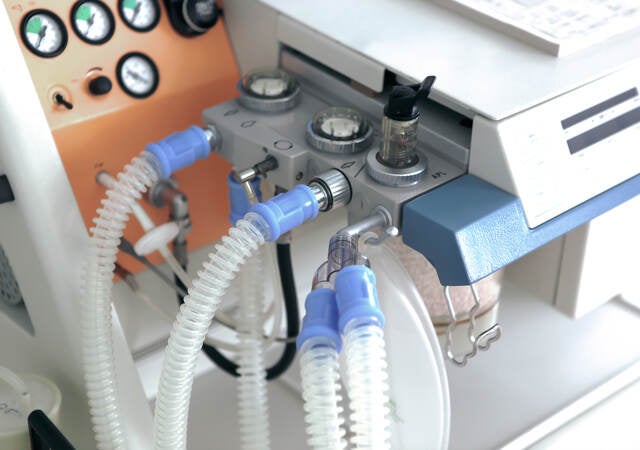July 12, 2024
In Europe, the Scientific Committee on Health, Environmental and Emerging Risks (SCHEER) has updated its guidance on phthalates and the possible restriction of dechlorane plus.
Background on GSPR 10
The European (EU) Medical Devices Regulation (2017/745, MDR), General Safety and Performance Requirement (GSPR) 10 requires manufacturers to “reduce as far as possible the risks posed by substances or particles, including wear debris, degradation products and processing residues, that may be released from the device.” The term CMR was defined as “carcinogenic, mutagenic, toxic to reproduction.” Both CMR and/or endocrine-disrupting (ED) substances would need to be justified if used in medical devices.
Further, if substances, such as CMR or ED substances, are present in devices above 0.1% weight by weight (w/w), the presence needs to be justified. Analysis needs to be done to determine and build an argument in support of elements which include:
- the potential patient or user exposure to the substance
- whether there are possible alternative substances, materials or designs
- why possible substitutes or design changes will lead to changed functionality, performance, and benefit-risk ratios of the product and therefore are considered inappropriate
(Please refer to GSPR 10.4.2, 10.4.3 and 10.4.4 for the full text.)
Background SCHEER guidelines
SCHEER published updated guidelines (June 18, 2024) on “benefit-risk assessment of phthalates in certain medical devices covering phthalates which are carcinogenic, mutagenic, toxic to reproduction (CMR) or have endocrine-disrupting (ED) properties.” The initial SCHEER guidelines were published in 2019 and the revised guidelines have been adopted.
The SCHEER Guidelines were developed guide manufacturers. Under certain conditions there is a chance that phthalates may be released by the medical device into the human body: it is hoped these guidelines would minimize this risk.
Evaluation of alternatives
Manufacturers with devices with CMR or ED substances appreciate how difficult it is to analyze and evaluate possible alternatives, perform the benefit-risk ratio assessment, and determine the potential for exposure to the substance(s). Sources of evidence are not always easy to find either. This led to a revision of the SCHEER guidelines which incorporate more hands-on information, establish a minimum number of alternatives to be evaluated and identify possibilities to justify why fewer alternatives are evaluated.
Supporting documents, standards and revised terminology
The current guidelines now contain methods on how to collect scientific literature, relevant information from websites, and documents from other scientific committees and Governmental Agency publications.
Additionally, step-by-step guidance is given on how to evaluate the Benefit-Risk Assessment (BRA) for these substances. Reference to (EN) ISO 10993-12 and (EN) ISO 10993-18 is made to estimate the exposure of the substance to the user and patient under different scenarios (chronic treatment, dialysis, etc.).
Terminology from the previous version of the guidelines related to the evaluation of alternatives has changed from “potentially relevant” to “most relevant,” with a focus on a minimum of three alternatives, or a justification as to why less than three alternatives have been considered. Although this might sound like a small change, it will give manufacturers and Notified Bodies guidance on what is seen as “sufficient.” In addition, not all potential alternatives need to be considered; only those that are most relevant.
Lastly, annexes have been added, describing the health hazards and development of CMR/ED substances used in blood bags.
Concluding remarks
The updated guidelines will allow manufacturers and Notified Bodies to justify why only a certain group of alternatives have been assessed and evaluated. Also, the updates clarify what is sufficient data for justification of the use of a certain substance.
Emergo will continue to follow updates on the use of certain substances in devices in Europe. There is a draft proposal released by the European Commission (EC), to restrict manufacture and placing on the market of dechlorane plus in the EU. Feedback on the draft act can be given until July 24, 2024. Emergo will keep you updated on the developments around this.
Request more information from our specialists
Thanks for your interest in our products and services. Let's collect some information so we can connect you with the right person.







